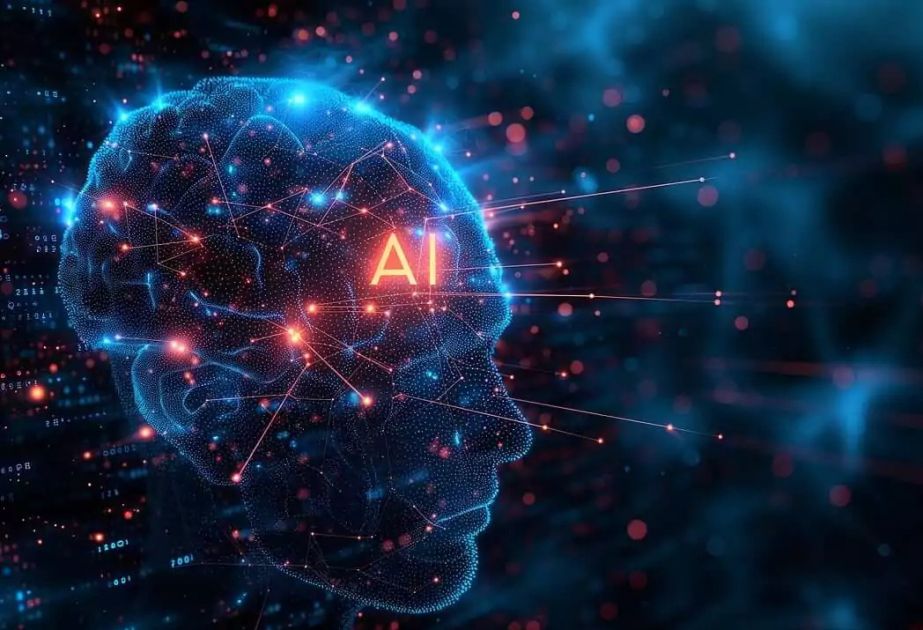
Artificial intelligence is not just a buzzword; it's the new face of Chinese tech innovation, weaving its way into the very fabric of industries across the nation. Leading this charge is Manus, an AI agent that epitomizes the cutting-edge advancements driving the Chinese tech landscape forward. As AI continues to expand its digital footprint, China is positioning itself at the forefront of this revolution, leveraging advanced AI systems to transform vital sectors like finance, healthcare, and logistics.

The AI Wave: Transforming Industries
Manus is more than just a piece of software; it's a symbol of the new wave of AI-driven efficiency and innovation. In the financial sector, AI agents are enhancing decision-making processes and providing real-time analytics that are essential for modern-day trading and investment strategies. Healthcare in China is also seeing a transformation with AI-driven diagnostics and personalized treatment plans, offering a new level of care and efficiency previously unattainable.
In logistics, AI agents like Manus are optimizing supply chain operations, ensuring that goods are delivered more predictably and efficiently than ever before. This transformation is not just a leap in technology but a reimagining of the way industries operate, making processes leaner and more responsive to the dynamic needs of the market.
The Vision for Smart Cities
China's vision for smart cities is becoming a reality through the integration of AI. By utilizing data-driven insights, urban planners can optimize traffic flow, reduce energy consumption, and improve public safety. AI systems are able to predict and manage urban challenges in real-time, making cities more livable and environmentally sustainable.

Investment in AI: A National Priority
China's commitment to artificial intelligence is underscored by its investment strategies. According to the South China Morning Post, the government is heavily investing in AI research and development, ensuring that the country remains at the cutting edge of technological advancements. This push is not just about economic growth; it's about establishing China as a global leader in AI innovation.
Alibaba's recent unveiling of its new RISC-V chip further highlights China's tech ambitions. As reported by the SCMP, this move is expected to spur more open-source innovation in the semiconductor industry, a critical component in the AI ecosystem.
Manus: The AI Agent Leading the Charge
What makes Manus stand out in the crowded AI landscape is its versatility and adaptive learning capabilities. It is built to tackle a variety of tasks, from natural language processing to complex problem-solving in real-time. This adaptability is what keeps Manus at the forefront, ensuring it remains a vital tool across industries.
The potential applications of Manus are vast. In education, for example, AI agents are creating personalized learning experiences that cater to the unique needs of each student, fostering an environment where learning is highly efficient and engaging.
The Future of AI in China
As China continues to harness the power of AI, the implications for the future are profound. The integration of AI into everyday life is paving the way for a future that enhances human capabilities and improves quality of life across the board. From healthcare innovations that save lives to smart city technologies that make urban living more sustainable, AI is set to redefine what is possible.
The global community is watching closely as China sets the stage for a future where artificial intelligence is not just an add-on to existing systems, but a fundamental component of modern living. As Gartner suggests, embracing new technologies that align with modernization and digital transformation objectives is crucial for staying ahead in this rapidly evolving landscape.
China's AI revolution is not just about technology; it's about reimagining the possibilities of tomorrow. With AI agents like Manus leading the charge, the nation is poised to continue its trajectory as a leader in innovation and technological advancement. As we look to the future, the question is not just about what AI can do, but how we can harness its power to create a world that benefits everyone.